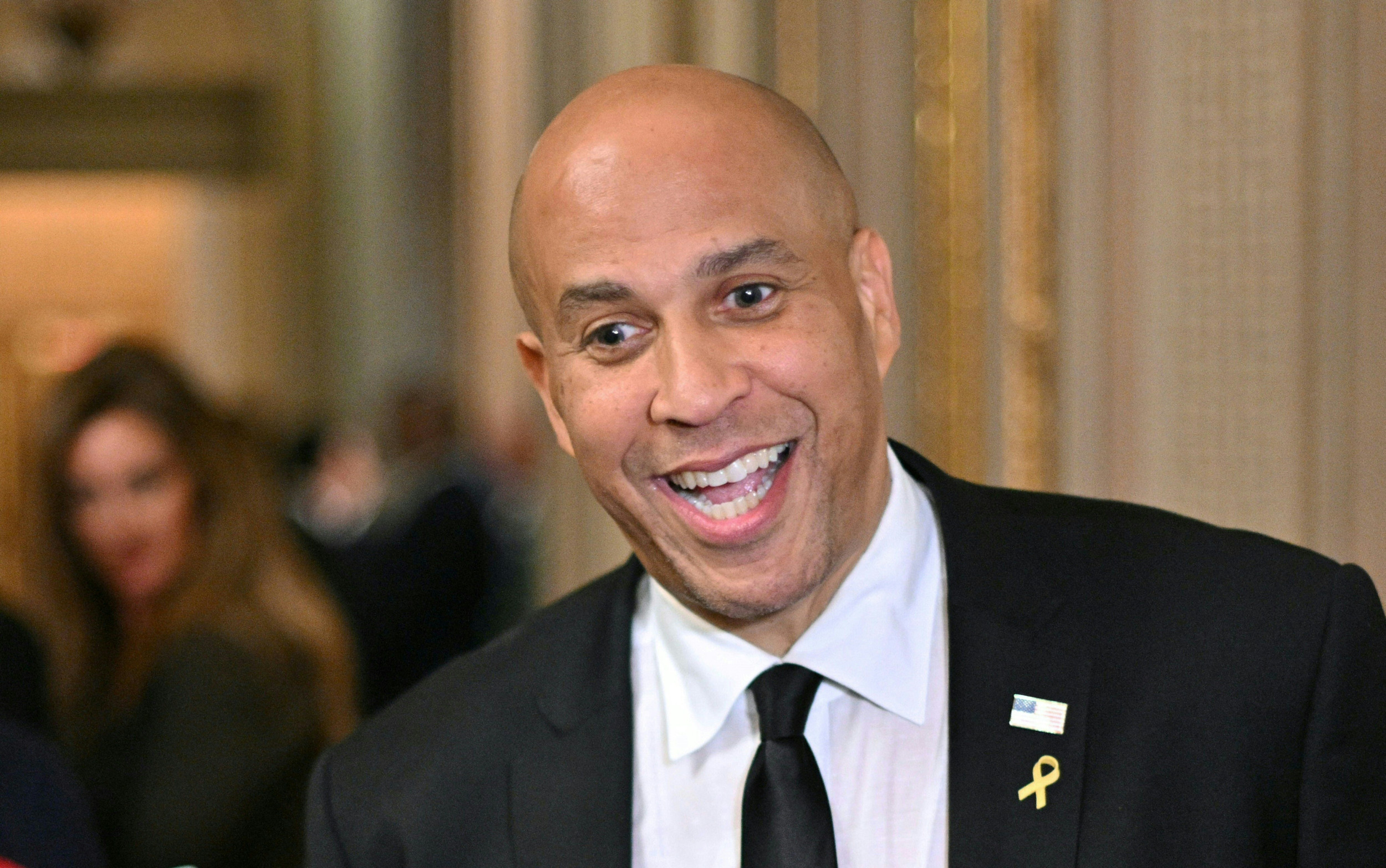JEFFERSON CITY — Three Missouri Republicans have introduced plans to reinstate Missouri’s presidential primary vote in 2028, following a year in which the state’s so-called “beauty contest” was replaced in favor of party-run elections.
The 2024 election cycle saw Missouri’s political parties hold in-person events and mail-in voting to determine who would run in the 2024 presidential sweepstakes.
Each of the proposals seeks to return the process to an election where voters go to the polls on a Tuesday in March.
“A lot of people felt like they did not have a chance to have their voice heard,” said Rep. Rudy Veit, a Cole County Republican, who is sponsoring one of the bills. “I want people to have the opportunity and ability to participate.”
People are also reading…
Along with Veit, Rep. Brad Banderman, R-St. Clair, and Sen. Jill Carter, R-Granby, also have introduced measures to restore the primary when the next presidential election is held.
While a majority of states use primary elections to allocate party delegates to presidential candidates, Missouri lawmakers canceled the state’s 2024 presidential primary as part of a broader 2022 elections bill backed by Republican Secretary of State Jay Ashcroft, who was running for governor at the time.
Ashcroft, who mustered a third-place finish in the GOP primary, argued the presidential primary was essentially meaningless because closed party caucuses actually decide how delegates are awarded in the race for the White House.
The maneuver was pitched as a money-saving plan, sparing election authorities tax dollars by avoiding the expense of a standard election.
A 2023 attempt to restore the primary came as Democrats worried that caucuses would squelch turnout.
One sticking point was language forcing voters to declare a party affiliation before casting a vote.
Sen. Tracy McCreery, D-Olivette, for example, said there are many independent voters in swing districts like hers in St. Louis County who may not want to declare for the presidential race.
In caucuses, members of established political parties meet and divide into groups according to which candidate they want to win. The number of voters in each group decides how many delegates each candidate wins.
Veit said the caucus process affected participation rates from first responders, nurses, parents of small children and shift workers.
“There are so many people who have to work,” Veit said.
Instead of voting in a Tuesday primary at traditional polling places, Republicans were required to attend a Saturday meeting in March to select Donald Trump as their candidate.
The Missouri Democratic Party tried a different route. It ran its own primary using mail-in voting and an in-person election on March 23.
The party designated a total of 13 sites for counties in the metro St. Louis area, including four each in St. Louis and St. Louis County.
State lawmakers return to the Capitol for their annual session next week.
View life in St. Louis through the Post-Dispatch photographers’ lenses. Edited by Jenna Jones.





